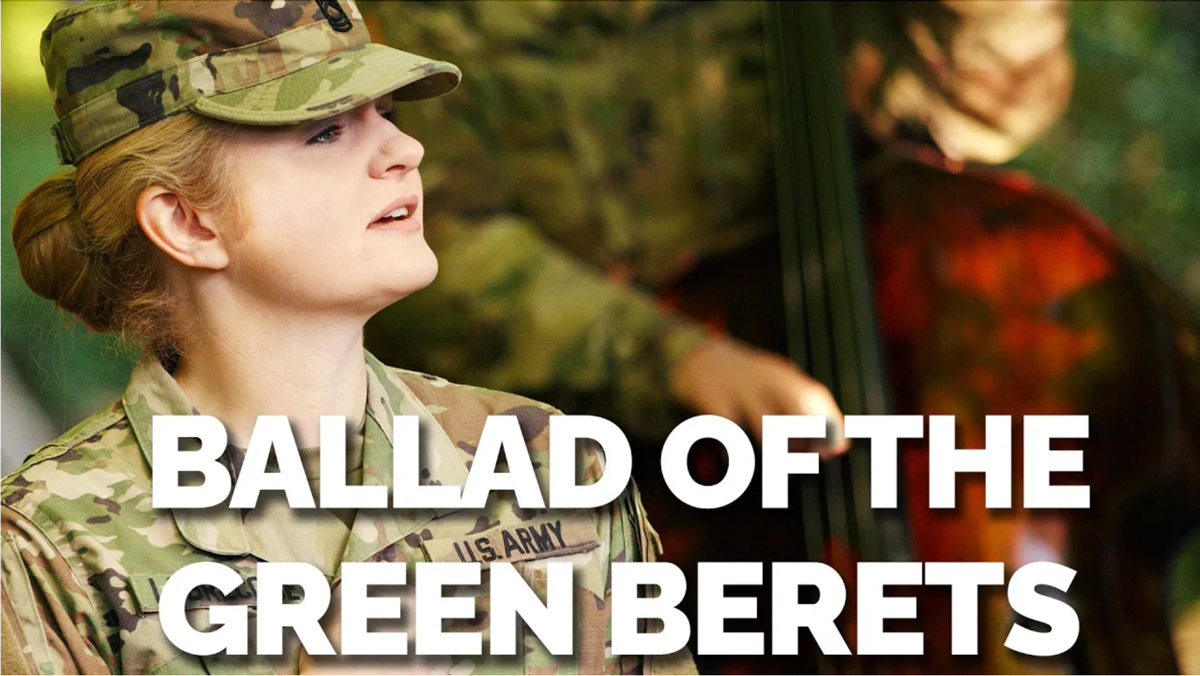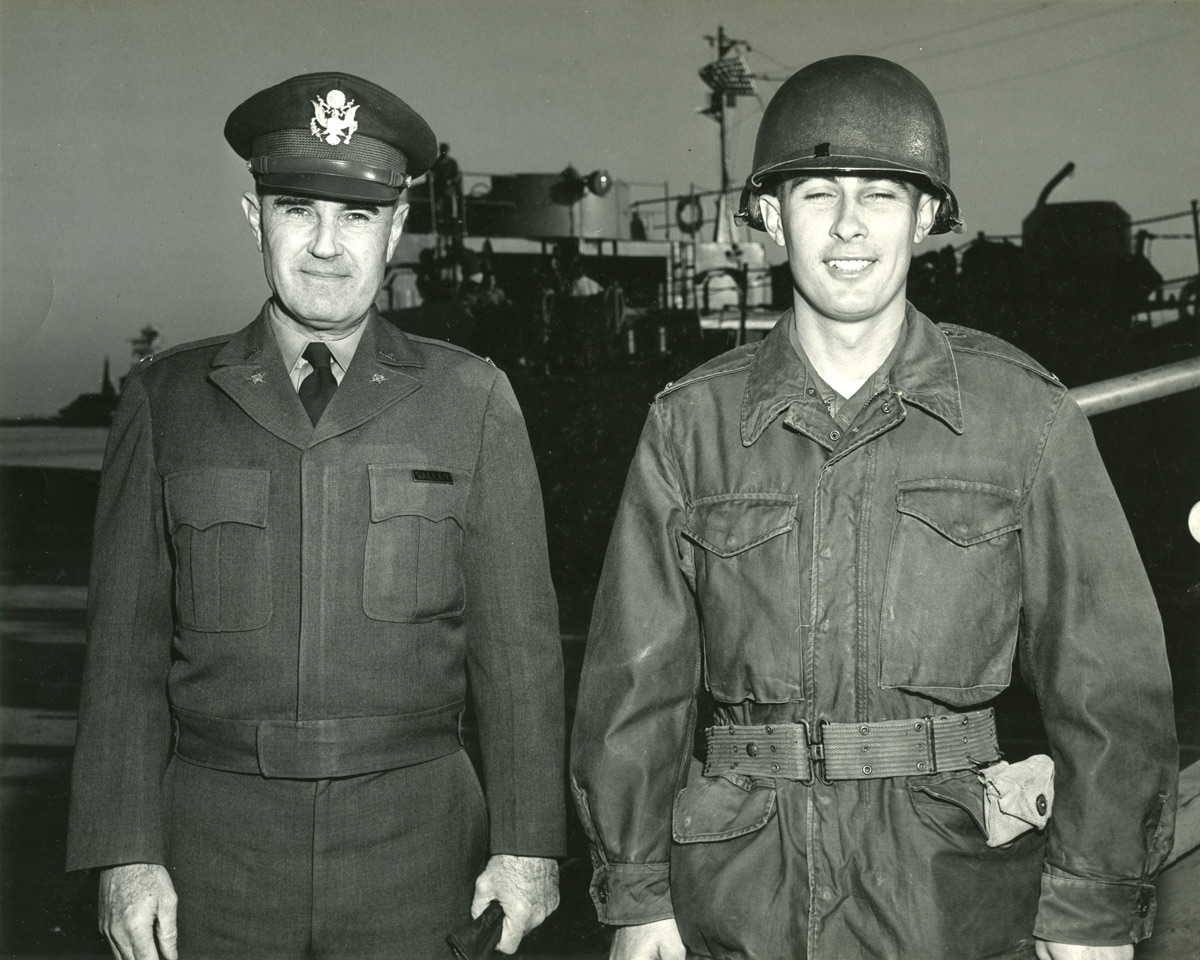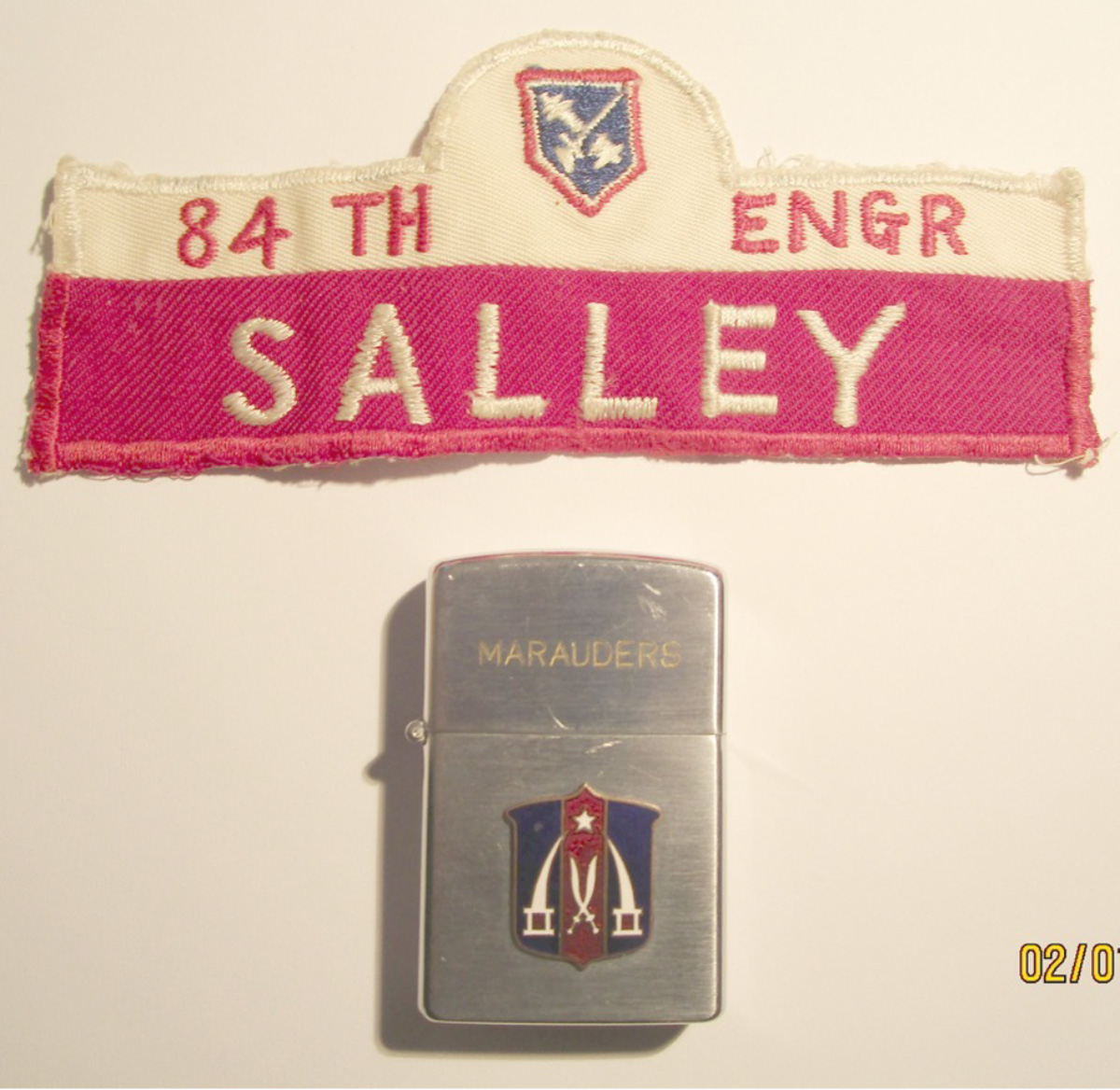Letters to the Editor
From: John Wast
Sent: Tuesday, March 5, 2024 6:18 PM
Subject: Service with the Aussies
Steve Pratt (USASF) sergeant/medic and I were the only two Americans in a company with three Aussies for about four months. WO Barry Tilley was the CO, and WO’s Geoff Smith and Laurie Jackson were platoon leaders, as were Steve and I, along with our medic and commo duties, respectively.
The following is a story about company interpreters. I’m guessing that the following took place in June or July of ‘68 at the camp of the II Corps Mike Force in Pleiku.
Every round-eye platoon leader in the Mike Force had an interpreter. Some were good, some were shitty, most were somewhere in between. At the time, our company was short two. Lauri Jackson and I both needed new interpreters. The powers that be got a new interpreter and assigned him to our company. Barry came to me in the bar (Big Marty’s Club) and made a proposal. He said that since I spoke decent Montagnard would I mind if he assigned the new interpreter to Laurie and would get the next one assigned to the company. I was fine with that. A few hours later, Barry came back to me still in the bar, imagine that, and said, “He’s awful. Can’t speak any English at all. We don’t know how he got the job. We tried to give him back, but they say we can’t, and we’re stuck with him. Sooooo… How about you take this guy, and we’ll give the next one to Laurie?” I was okay with that, so Barry brought the new interpreter into the bar, sat him at my table, and left us.
He was tall for a yard, 5′ 10″ or 11,” and a good-looking kid. I could tell that he was nervous and embarrassed, and knew that he had failed his first test. I didn’t know then, but he had attended a Vietnamese English language school. This would be unusual for a Yard and could mean that his family had some pull. Very rare.
I started talking to him the way Americans speak to people who they think don’t understand them—loudly and with my hands. “I will speak slowly (my hand in front of my mouth flapping like duck lips), and we (pointing back and forth between the two of us) will teach each other.”
I was pretty proud of myself. Then he said, “Okay, but I don’t have a very good vocabulary.” I believe my head spun around at least twice as I searched the room to see if anyone had heard this. I then reached across the table, put my right hand on his shoulder and my left over his mouth, and said, “You are mine. You are not to ever talk again to anyone but me, ever.”
You see, he couldn’t speak Aussie; no one could the first time they heard it, but he could speak the hell out of English. He was a great companion in the field and actually used words like admirable and distinguished. Fuck Westmoreland. I think I had the best interpreter in Vietnam.
He quit the Mike Force after the Duc Lap fight, said “Life is too short.”
Glad I didn’t get killed,
– Wast
The United States Army Band “Pershing’s Own” Honors U.S. Army Special Forces

Click here to watch and listen to the United States Army Band “Pershing’s Own,” ensemble “Country Roads” perform the “Ballad of the Green Berets” on YouTube.
This small, stand-out ensemble comprised of instrumentalists and vocalists from across the Army Band connect audiences of all ages and walks of life to the heartland of America with traditional bluegrass, folk, and Irish music. Based at historic Fort Myer, Virginia, the U.S. Army band is the premier musical organization of the Nation’s senior armed service.
Enjoy a wide range of performances, from performances of single pieces to full concerts at their official YouTube channel @usarmyband.
From: Ham Salley
Sent: Saturday, February 3, 2024 10:21 PM
Subject: Little know aspect of the ’75th Infantry Regiment’
The February Sentinel was excellent reading, as usual. I enjoyed Dr. Webb’s excellent article on Ranger history. I was particularly interested in Ranger School training and his short comments regarding the 75th Ranger Regiment. Anyway, the purpose of my letter is to highlight a little known aspect of the ‘75th Infantry Regiment’ between WWII and Vietnam.
Extracts from SOC’s ‘75th Ranger Regiment History’:
- “The 75th Infantry Regiment was first organized in the China-Burma-India Theater on Oct. 3, 1943 as Task Force Galahad. It was during the campaigns in the China-Burma-India Theater that the regiment became known as Merrill’s Marauders after its commander, Maj. Gen. Frank D. Merrill.”
- “Rangers were again called to serve their country during the Vietnam War. The 75th Infantry was reorganized once more on Jan. 1, 1969, as a parent regiment under the Combat Arms Regimental System. Fifteen separate Ranger companies were formed from this reorganization. Thirteen served proudly in Vietnam until inactivation on Aug. 15, 1972.”

My father, Col. Henry Salley with my brother, Lt. Ernest Salley, on Okinawa in 1955. Col. Salley was the Ryukyus Command G-4 and my brother was a Platoon Leader in the 84th Combat Engineers. He was issued a LST (Landing Ship Tank) to take his unit and equipment to off-lying islands to build bridges and widen small harbors. Later, he constructed the first road (Pacific Side) up to the northern end of Okinawa to support target practice for the first Atomic Cannon brought to the pacific on Okinawa. Apparently there were no existing ranges on Okinawa suitable for the weapon to practice fire with high explosive rounds. The solution was to place the cannon on the south end of the island and build a range on the north end to accommodate the required firing distance. He said that almost every General and Admiral in the Pacific visited the road construction.
There is a gap in that history: In 1954, I was living on the island of Okinawa as an Army BRAT. The Army unit stationed there was the 29th Infantry Regimental Combat Team. By sheer coincidence, my older brother, Ernest Salley, was a new Army Engineer Lieutenant who was also stationed on Okinawa in the 84th Combat Engineer Company, 29th Infantry Regimental Combat Team.
On 20 November, 1954, the 75th Infantry Regimental Combat Team was activated on Okinawa and assimilated the equipment of the 29th Infantry Regiment.
The 75th Regimental Combat Team was comprised of the 75th Infantry Regiment, 612th Field Artillery Battalion, 84th AAA Battery and the 84th Engineer Company. Special Units were Hq and Hq Company, Medical Company, Service Company, Heavy Mortar Company, Tank Company, Band Company.

A photo of my brother’s name tag and cigarette lighter with the 75th RCT unit insignia is on the next page (he didn’t smoke). (Photo courtesy Ham Salley)
The three colors of the Teams shoulder patch refer to the three elements of the combat Team: blue for Infantry, scarlet for Artillery and scarlet and white for the Engineers. The shield shape with crossed cannon and bayonet, symbolize the combat readiness of the unit. This patch was adopted by the 75th RCT shortly after their reactivation of the unit on Okinawa. The distinctive insignia of the Infantry Regiment was blue. The two elephant tusks are to represent Burma and in forming an arch supporting the Indian Star allude to Burma being the eastern gateway to India. The red stripe leading through the gateway signifies the defense of India and Central Burma, the areas in which the Regiment was engaged. The two crossed kukris (Gurkha knives) barring the gateway are used to represent the Regiment’s battle honors during World War II, and symbolize the nature of jungle combat. The Tusks and Kukris taken together simulate the letter “M” and refer to Merrill’s Marauders, its famous World War II designation. The unit motto is “ATTACK DESTROY DEFEND.”
- Redesignated 21 June 1954 as the 75th Infantry
- Allotted 26 October 1954 to the Regular Army
- Activated 20 November 1954 on Okinawa (From 29th Infantry RCT)
- Inactivated 21 March 1956 on Okinawa (Back to 29th Infantry RCT)
Leave A Comment